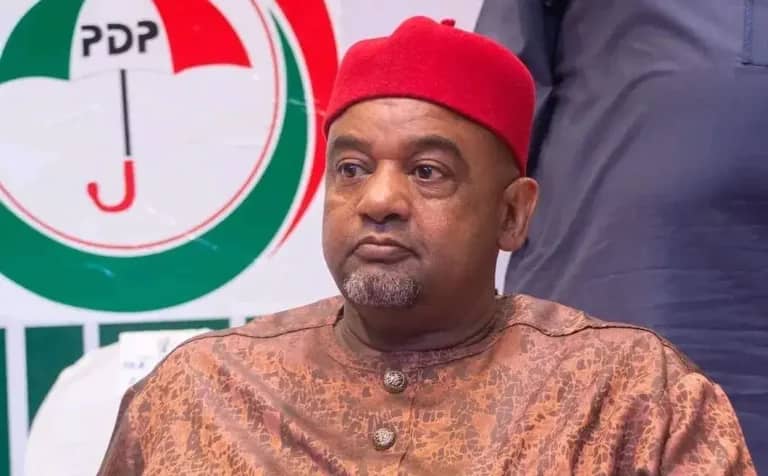A 25-year-old Nigerian woman, Ifeoluwa Akinwunmi, is facing the possibility of up to 20 years in prison in India after she was allegedly found in possession of illegal drugs valued at over ₦1.8 billion.
The arrest was carried out by Indian law enforcement officials in Maharashtra State, western India, where the woman had reportedly been residing.
According to local media reports, Akinwunmi was arrested last week after a search by the Narcotics Control Bureau (NCB) led to the discovery of a significant quantity of narcotics, including synthetic drugs. The seized substances, which were confirmed to be commercial quantities, are said to have an estimated street value of over ₹100 crore, approximately ₦1.8 billion in Nigerian currency.
Indian authorities revealed that the drugs were intended for distribution within the local market and possibly for international trafficking. Investigators believe that the suspect was part of a wider drug network that spans across several states in India and may have links to other countries.
Akinwunmi was reportedly apprehended at a location in Mumbai following intelligence reports that pointed to her alleged involvement in narcotics distribution. Officials said she was acting as a courier or middle-level distributor, but further investigations are ongoing to determine the extent of her role in the drug operation.
Under Indian narcotics law, the possession of commercial quantities of banned substances carries a minimum sentence of 10 years and may extend to 20 years imprisonment, along with a hefty fine. In severe cases, a life sentence may be considered depending on the volume and nature of the substances involved.
Following her arrest, Akinwunmi was presented before a magistrate in Mumbai and remanded in custody pending further investigation. Authorities are also examining her immigration status and how she entered the country. It remains unclear whether she has legal representation or consular assistance from Nigerian authorities.
India’s Narcotics Control Bureau has intensified its operations in recent years as the country faces growing challenges related to synthetic drug trafficking. Foreign nationals, including individuals from Nigeria and other African nations, have been arrested in multiple states over similar offences.
The Nigerian community in India has reacted with concern over the incident, with some expressing fears that such high-profile arrests could affect the broader perception of Nigerians living in the country. A few members of the Nigerian diaspora group in Mumbai urged for due process to be followed and called for the Nigerian High Commission to intervene by ensuring that Akinwunmi receives fair legal treatment under Indian law.
The Nigerian High Commission in New Delhi has not yet released an official statement regarding the case. However, sources within the diplomatic community indicate that the matter has been brought to their attention and is being followed up through appropriate channels.
Meanwhile, Indian law enforcement agencies are continuing investigations into the larger drug network reportedly linked to Akinwunmi. Officials noted that more arrests may follow as they unravel the operations of the syndicate suspected to be behind the illicit trade.
Legal experts in India have emphasized that drug-related offences carry very severe penalties, and any accused person faces an uphill task securing bail or a lighter sentence once the possession of commercial quantities is proven. They added that courts tend to take a strict stance in such matters due to the country’s zero-tolerance policy on narcotics.
As the case proceeds, Ifeoluwa Akinwunmi remains in custody and could be formally charged once the investigation concludes. If convicted, she could spend up to two decades behind bars under Indian narcotics legislation.





